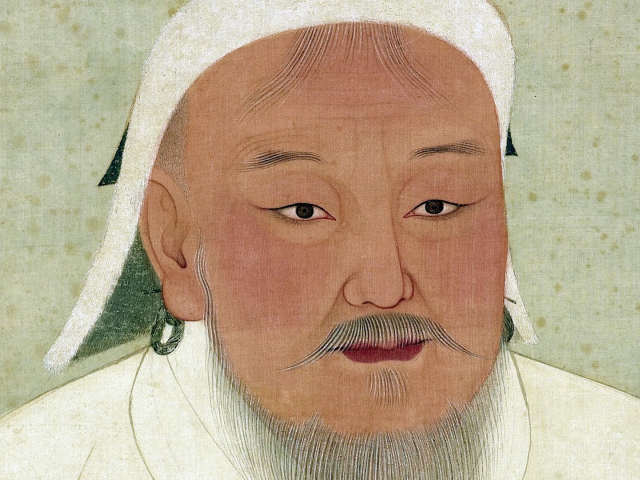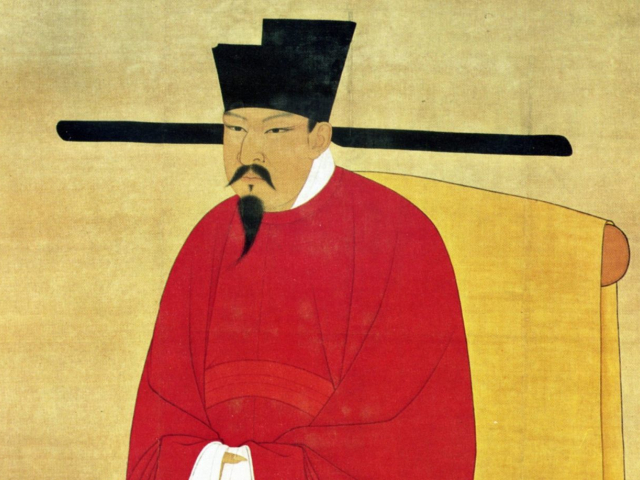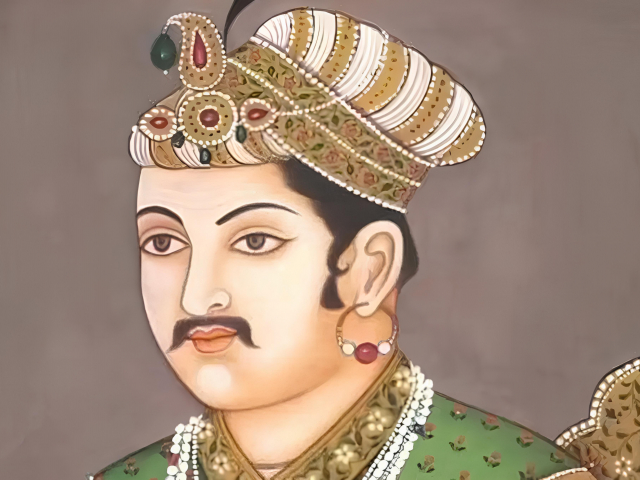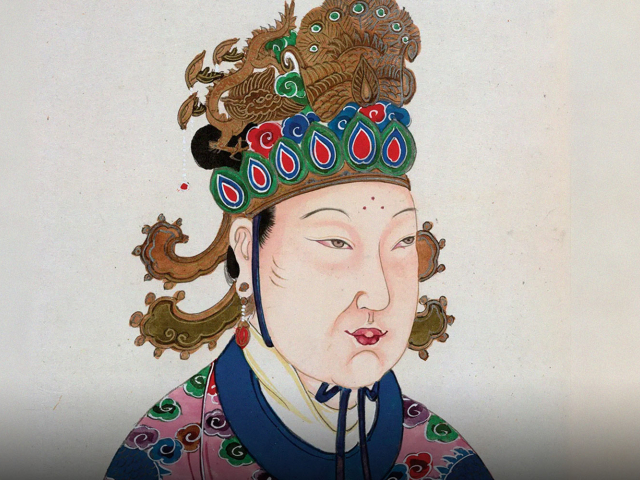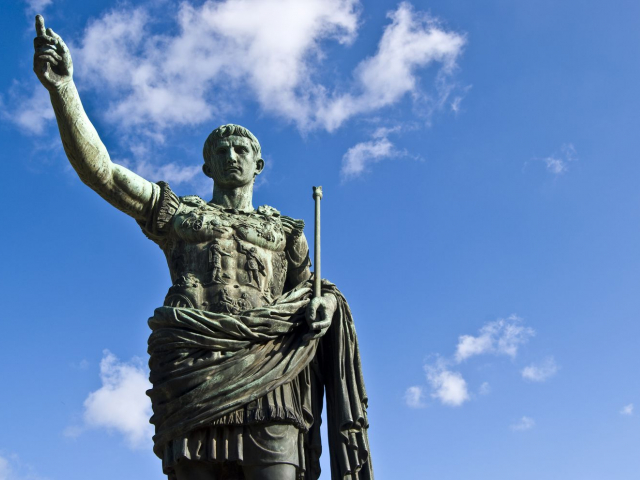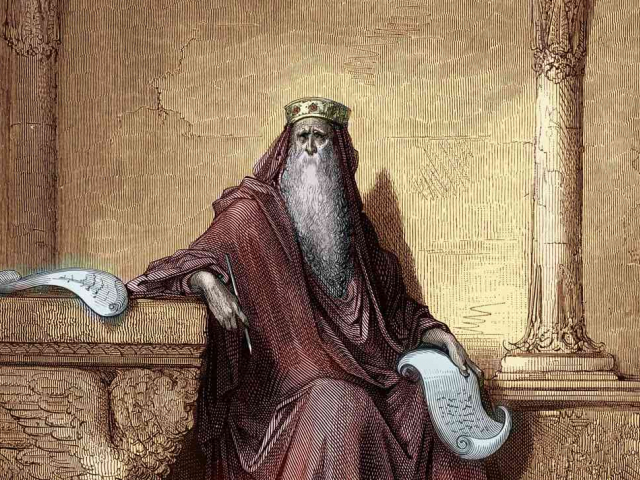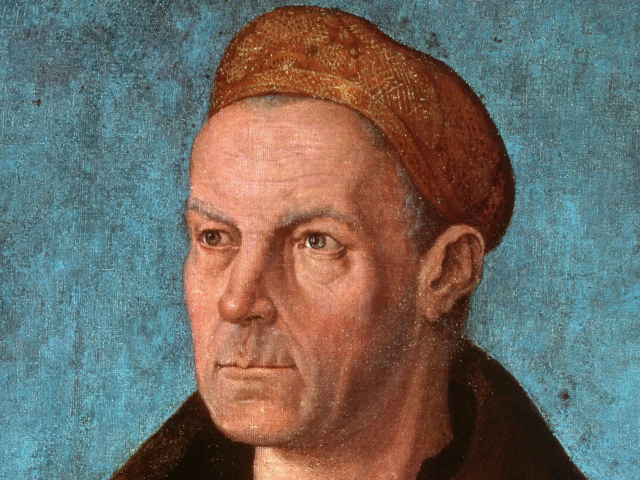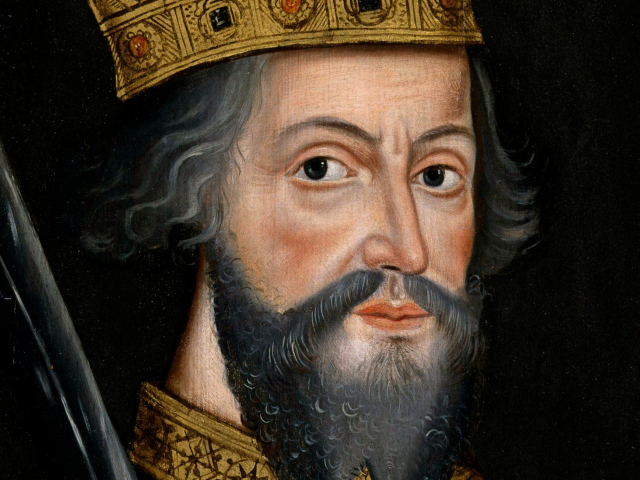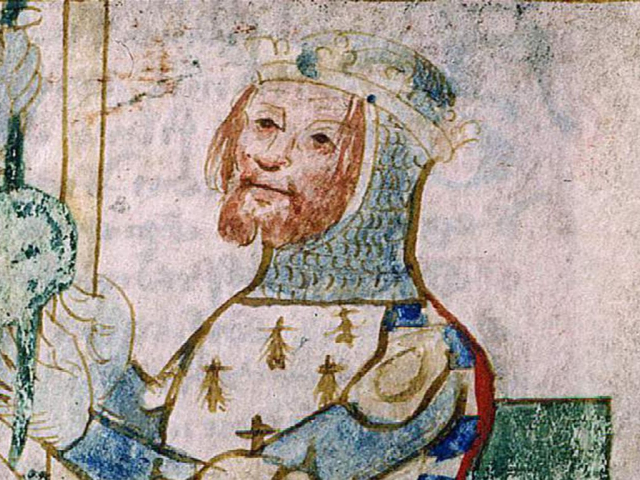Mansa Musa
Mansa Musa is leading the list of the richest people of all time. He was a ruler of Mali in the 14th century, whose wealth is estimated by historians at $415 billion. However, some experts believe the real amount could be far higher, calling his fortune "incalculable." Musa became famous for his grand pilgrimage to Mecca, during which he generously distributed gold to the poor, causing inflation in several regions. He also funded the construction of numerous mosques and educational institutions, transforming Mali into a cultural and educational hub of Africa.
Genghis Khan
The second rank belongs to Genghis Khan, founder of the Mongol Empire in the 13th century. This leader expanded Mongolia into the largest empire of his time, conquering lands from China to Europe and uniting about 22% of the world’s territory. Genghis Khan’s wealth was not based on gold and jewels but on vast land resources and the power they provided. Today, the value of these lands is estimated at over $1 trillion.
Shenzong
Emperor Shenzong of the Song Dynasty in the 11th century is also considered one of history’s wealthiest figures. His reign coincided with China’s economic peak, when the Song Dynasty generated about 25-30% of the world’s GDP, equivalent to roughly $30 trillion today. Shenzong had unrestricted access to the nation’s resources, controlling massive tax revenues and trade income, which allowed him to live lavishly, maintain a formidable army, and fund public projects.
Akbar the Great
Akbar the Great ruled the Mughal Empire from 1556 to 1605. Under his leadership, the empire tripled in size and achieved economic prosperity, efficiently collecting taxes and promoting trade. By the end of Akbar’s rule, the empire accounted for about 25% of the world’s GDP, amounting to roughly $21 trillion in today’s terms. Akbar was renowned not only for his wealth but also for his efforts toward cultural and religious unity, encouraging interfaith dialogue and supporting the arts, especially literature and architecture.
Wu Zetian
Wu Zetian was the only woman to sit on the Chinese imperial throne. She ruled from 690 to 705 and contributed to the flourishing of the Tang Dynasty, which at that time accounted for around 22.7% of the world’s GDP, or about $16 trillion today. The state’s wealth was largely built on the tea and silk trade, thriving along the Silk Road. Despite her strict rule, Wu Zetian expanded the empire’s territory and significantly bolstered its economic strength.
Julius Caesar
Julius Caesar, the first Roman Emperor, lived in the 1st century BCE and ranks sixth among history’s richest people. His fortune is estimated at around $4.6 trillion in today’s terms, making up about one-fifth of the world’s economy at the time. After defeating Mark Antony and Cleopatra, Caesar made Egypt his personal province, substantially boosting his financial power, as Egypt contributed up to 30% of the global GDP then. Under his rule, the Roman Empire reached an unprecedented peak, and his wealth grew exponentially.
Solomon
King Solomon, ruler of Israel in the 10th century BCE, was also known for his immense wealth. According to legend, he possessed a throne of pure gold adorned with ivory and so much silver that it was almost worthless, like common stones. His fortune, in today’s terms, would be around $2.2 trillion. His wealth primarily came from trade and tributes from neighboring states, such as Arabia and the Levant.
Jakob Fugger
Jakob Fugger, a German banker and entrepreneur of the Renaissance, is rightfully considered one of the most affluent and influential people of his time, with a fortune of $277 billion. His wealth allowed him to wield tremendous influence over European politics. Fugger financed kings and popes, supporting the Habsburgs, which helped them become one of Europe’s most powerful dynasties.
William the Conqueror
William the Conqueror, Duke of Normandy from 1035 and King of England from 1066, is remembered as one of the wealthiest rulers of the Middle Ages. His fortune, estimated at about $228 billion today, stemmed from significant increases in royal land holdings after conquering England. These lands became a vast income source, enabling William to both solidify his power and reward loyal supporters, like his nephew Alan Rufus.
Alan Rufus
Alan Rufus, nephew of England’s King William the Conqueror, rounds out the top 10. Having arrived in England in 1066, he received vast estates from his uncle for aiding in suppressing Saxon uprisings in the north. By the time of his death in 1093, his fortune was valued at around $195 billion in today’s terms. Alan held extensive lands, including major holdings in Yorkshire, making him one of the largest landowners of his time.
-
Grand Choice
Contest by
InstaForexInstaForex always strives to help you
fulfill your biggest dreams.JOIN CONTEST -
Chancy DepositDeposit your account with $3,000 and get $10000 more!
In January we raffle $10000 within the Chancy Deposit campaign!
Get a chance to win by depositing $3,000 to a trading account. Having fulfilled this condition, you become a campaign participant.JOIN CONTEST -
Trade Wise, Win DeviceTop up your account with at least $500, sign up for the contest, and get a chance to win mobile devices.JOIN CONTEST






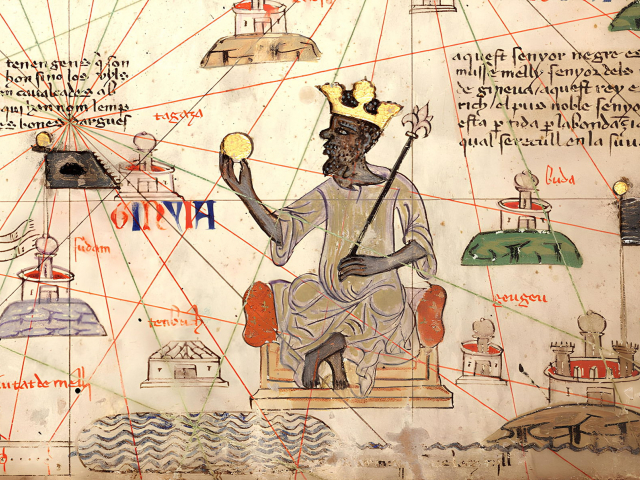
 371
371 10
10